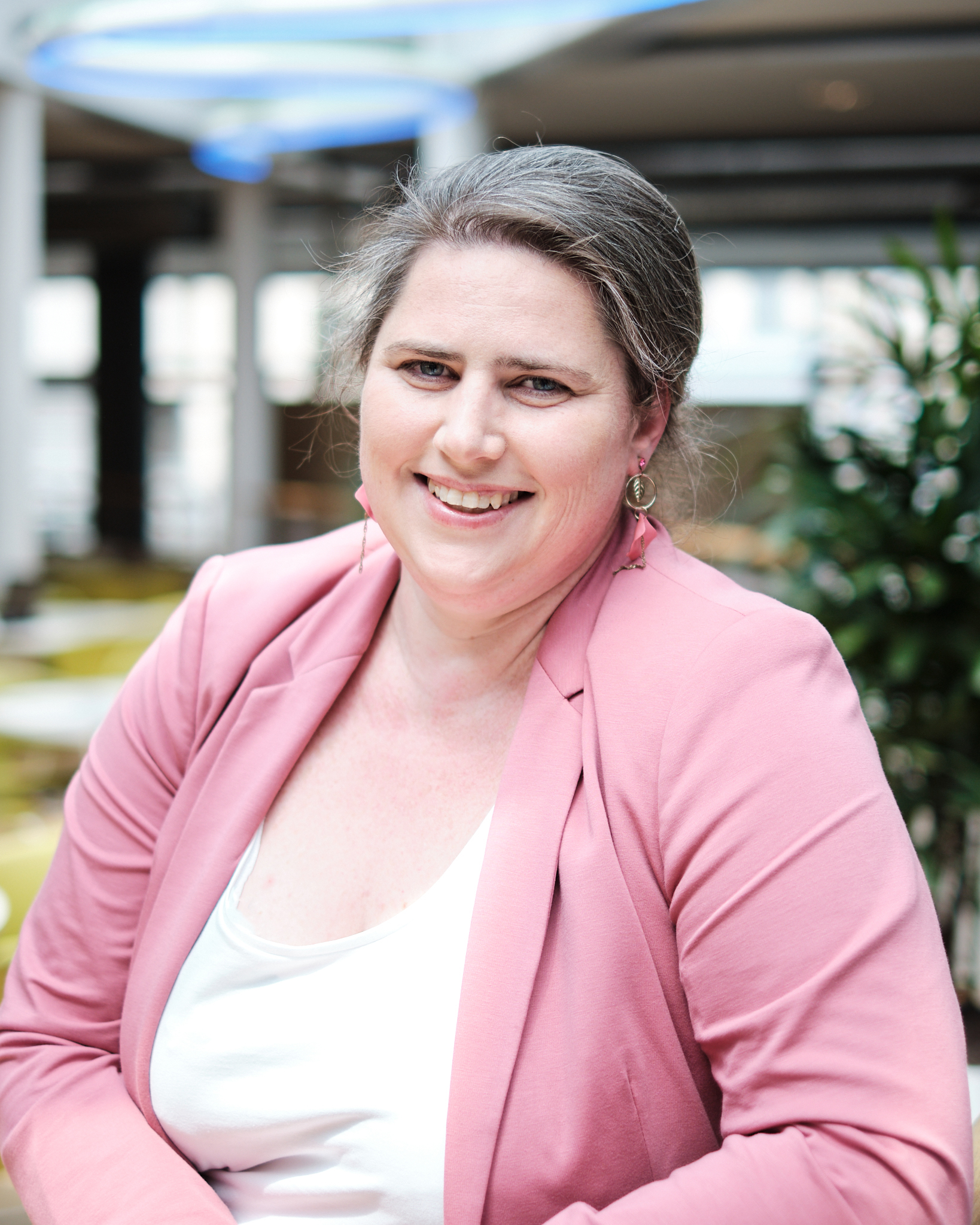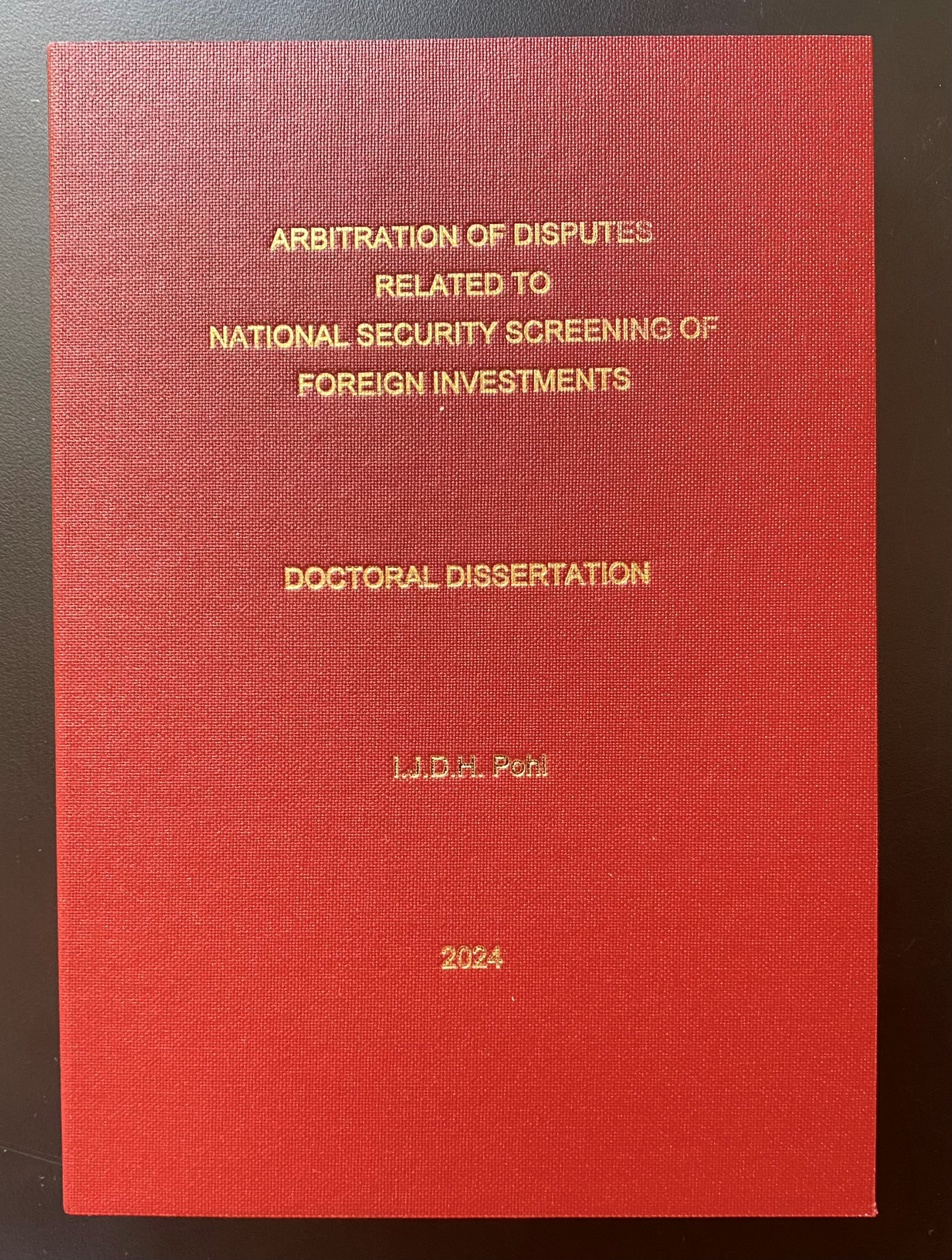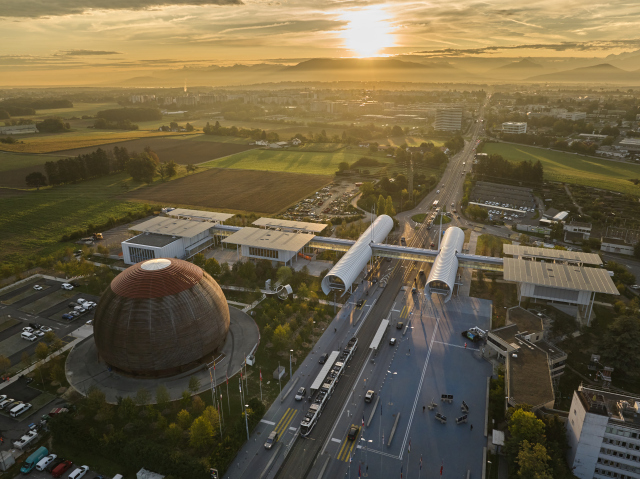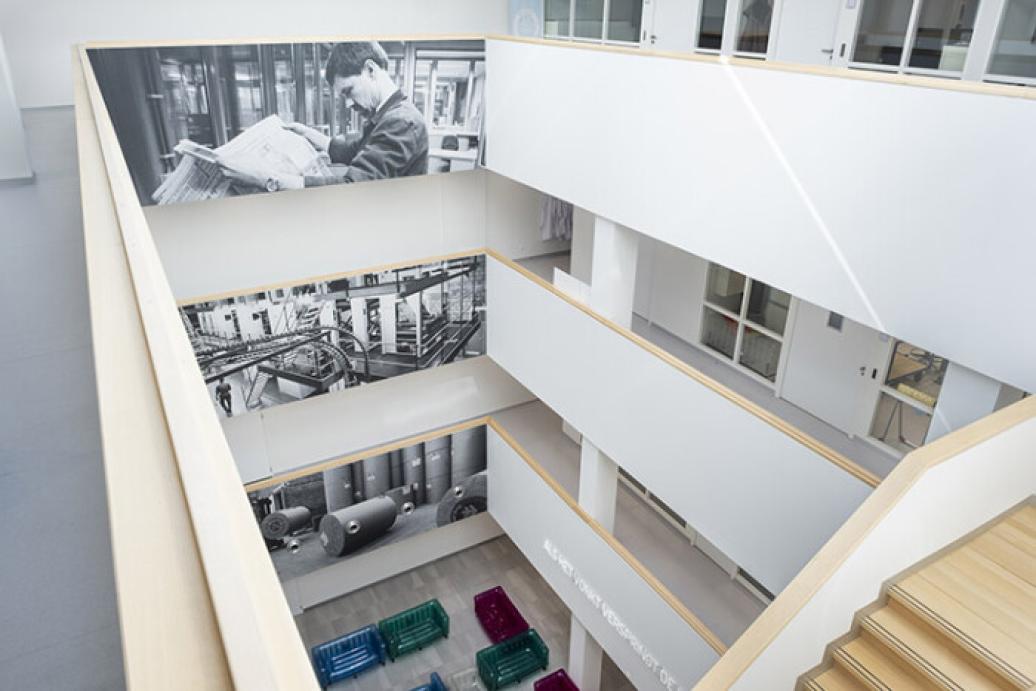Marije Keulen-de Vos joins FPN as professor of resocialisation in forensic care
As of 1 July 2024, Marije Keulen-de Vos has joined the Faculty of Psychology and Neuroscience (FPN) as professor at the chair of resocialisation in forensic care. She combines this position with her role as senior researcher at the Rooyse Wissel.
‘UM is my alma mater, I studied health sciences here, and also did my PhD research for UM from the clinic.’ In recent years, Keulen-de Vos has also taught with some regularity in the master Forensic Psychology, the section she has now officially joined. ‘Maastricht University always felt like my university, and now it is officially.’
Resocialisation
Keulen-de Vos will hold the chair resocialisation in forensic care. ‘The aim of my research is to contribute to the resocialisation of forensic patients in general, but I will focus on patients undergoing treatment for sexual violence. This group of patients finds it difficult to find their way back to society, what factors play a role in this? ‘It may be due to patients' risk factors, but staff also find it a rather difficult target group to work with. And society finds it even more difficult. We all have an opinion about it anyway. Often these opinions are not necessarily based on facts’. Keulen-de Vos sees an opportunity for development and improvement in the treatment and rehabilitation of sex offenders. ‘I have lost my heart to this target group, people often think it sounds crazy. What do you like about that particular subject? It's such a maligned group and there's still a lot we don't fully understand. You are always more than just the worst thing you have ever done. You're an offender, but you're also just a human being. So, that's where I focus my research’.
Three pillars
Keulen-de Vos' research has three pillars. The first is the patient: investigating which personality characteristics or risk factors cause the flow from clinic to society to stagnate. ‘How can patients better benefit from treatment. Patients have certain skills and expectations regarding the pathway and everything after. And does that align. If you have a mismatch there, then resocialisation is more difficult.
The second pillar is staff: this part deals mostly with knowledge, skills and attitude. ‘More often you hear staff say that sex offenders often relapse. Or that someone who has committed sexual violence towards children is always someone with a paedophilic disorder, well, that is often not true at all. If you go into treatment or deploy risk management with those kinds of assumptions, you may not correctly tailor the treatment to the patient.’ What should staff be able to do? And what kind of attitude should they have? Who are the right people for these treatments? These are important questions.
Pillar three is society. Resocialisation has to do with stepping outside. ‘As a society, we often find it terrifying, if we have sex offenders in our neighbourhood. We all think that everyone should have a chance, but people would rather not want these persons in their streets.’ These views are understandable, but also often fuelled by misconceptions. In doing so, you cause an injustice to someone in certain cases. ‘Of course, there are patients where it is better if some kind of care structure is always active. But there are also quite a lot of patients for whom it would be fine to return to society. Provided, of course, that certain preconditions are met’. What social factors make someone able to resocialise? What is changeable? What needs to happen in terms of education, forensic care and social partners in order for the target group to find a place in society again.
Free time
‘I also have two children, ages 9 and 11. Finding the balance between work and free time is sometimes a challenge. But I also want to pass on to them that if you have a heart for something, you can go far, and you must be willing to put in the effort. Managing my work and private time side by side works well. I love to bake and cook. And I often do that with the children too, they can both already cook a bit. I also enjoy reading and travelling. I have always travelled with the children so that they too get to know the world’.
Also read
-
PhD thesis witten by Jens Hillebrand Pohl
This dissertation explores how international arbitration addresses disputes that arise when states invoke national security to justify restrictive measures against foreign investors.
-
Is the Einstein Telescope coming to the Euregion? As yet, nobody knows. But if the telescope is built here, it will offer many opportunities for valorisation, according to Han Dols. Dols is head of business development at CERN, the European laboratory for particle physics in Geneva. He delivered the...
-
Maastricht University takes care of many distinctive buildings and art works that we all know. By giving them a new purpose, we preserve these icons and give them a new meaning, making them the vibrant heart of a bustling city.
Did you know that these buildings and art works also provide access to...



